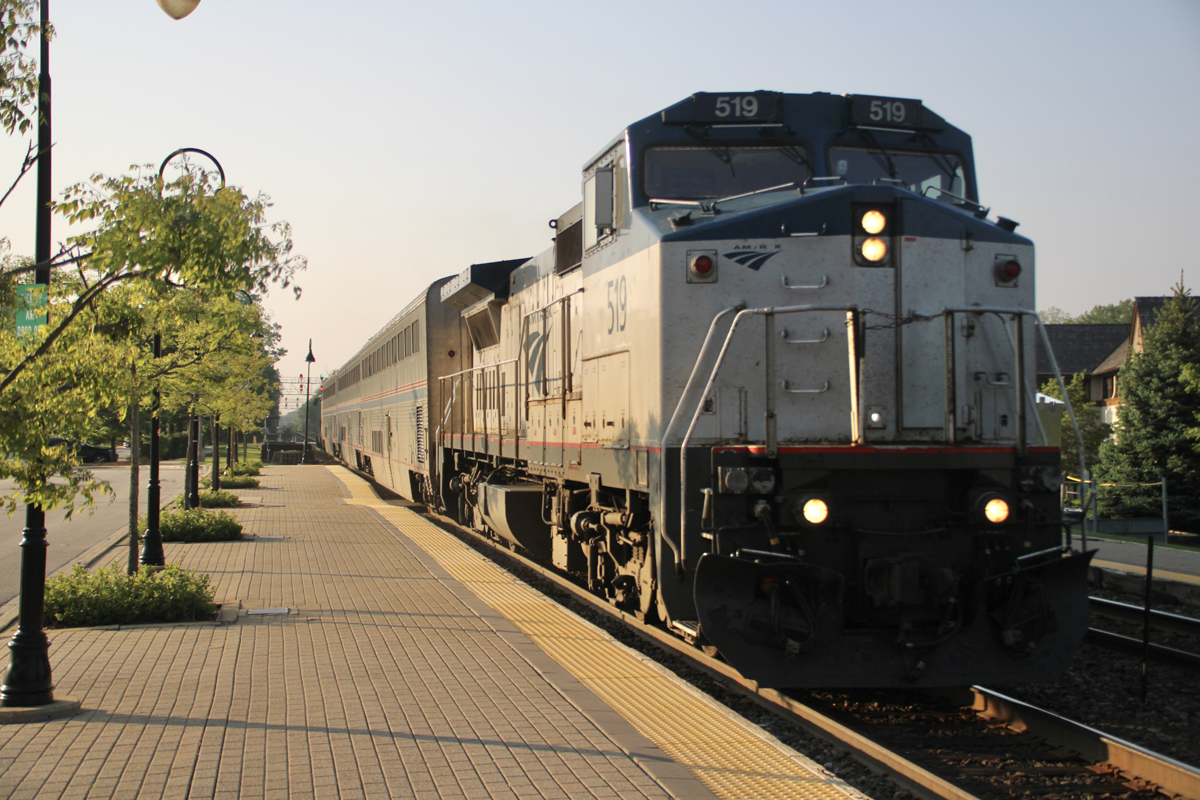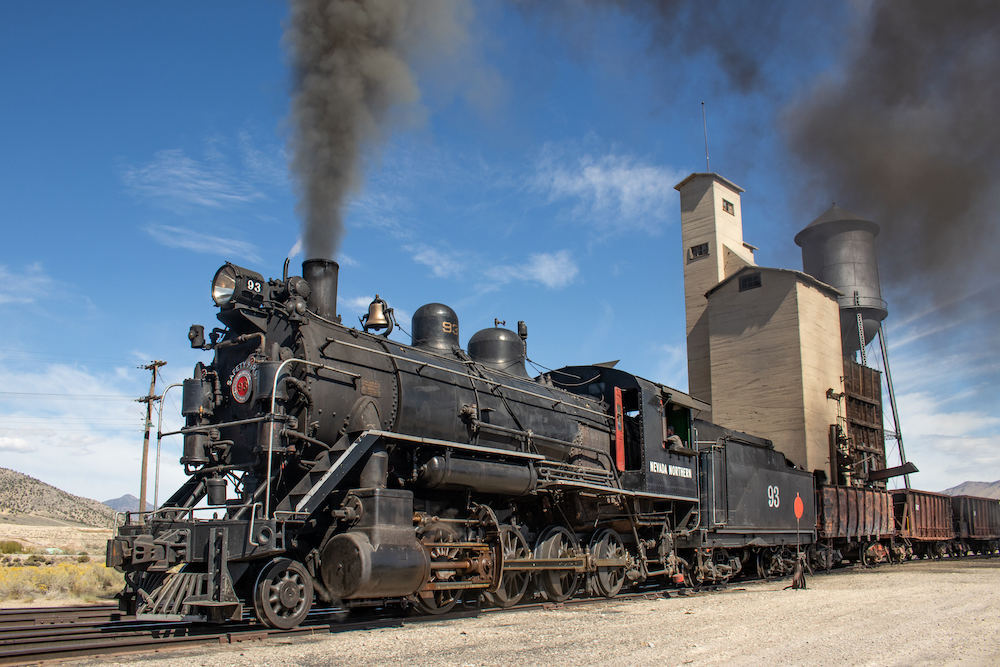The Transportation Trades Department of the AFL-CIO today urged all six Class I railroads to join the Federal Railroad Administration’s Confidential Close Call Reporting System.
The Association of American Railroads on March 2 said the Class I freight railroads would join the program, which allows railroaders to report “close call” safety incidents without fear of discipline or reprisal.
But the railroads have yet to officially join the program, partly due to regulatory red tape.

“We appreciate the ongoing discussions between industry and labor regarding revisions to the current program but must caution against these negotiations becoming a delay tactic,” TTD President Greg Regan wrote in a letter to the CEOs.
“Rail workers are the eyes and ears of the system. Yet worker perspectives about current and prospective safety incidents are not fully leveraged at the moment. We believe the Confidential Close Call Reporting System can help leverage these vital worker perspectives and improve safety …. We appreciate the increased collaboration between labor and industry in recent months and hope we can continue onward in the spirit of mutually-beneficial cooperation to deliver on rail safety for America,” Regan wrote.
The AAR, in a May 30 petition to the FRA, requested that the agency waive five regulations that would otherwise require the railroads to discipline or revoke the certification of engineers or conductors who violate safety rules and report incidents to the close call program.
The FRA waiver is required before the railroads can join the program, the AAR says.
“Although each Class I railroad has a longstanding program allowing employees to provide confidential feedback on safety issues, there is a chance that without the requested waiver of sanctions and exemption from mandatory revocation of engineer and conductor certification, the employee(s) involved in the incidents described above may be unlikely to submit a report of the incident, which could increase the likelihood that the incident(s) will go undetected. To the extent that there is limited reporting of such incidents, it can reduce the effectiveness of safety analysis, data trending, or risk mitigation strategies,” Stephen Gordon, the AAR’s associate general counsel for safety, wrote in a May 30 letter to the FRA.
After discussions between the rail industry and safety officials, the FRA put the implementation memorandum of understanding out for public comment on June 16. The comment period expired on Aug. 15.
AAR also requested that matters related to the confidential close call system be discussed at meetings of the Railroad Safety Advisory Committee working group established to improve the reporting process. Additional discussions are scheduled for later this month.
“Employee confidential reporting is an important tool to help prevent accidents. Recognizing the value, all Class I railroads have longstanding programs that provide a protected avenue for reporting incidents. Central to these programs’ efficacy is the ability to turn credible information into timely action,” AAR spokeswoman Jessica Kahanek says. “Progress has been made to date and railroads remain confident that this collaborative process will ultimately improve the C3RS program.”














I had understood the C3RS program allows railroaders to report “close call” safety incidents without fear of discipline or reprisal.
Yet here come the Class 1’s contending “Although each Class I railroad has a longstanding program allowing employees to provide confidential feedback on safety issues, there is a chance that without the requested waiver of sanctions and exemption from mandatory revocation of engineer and conductor certification, the employee(s) involved in the incidents described above may be unlikely to submit a report of the incident, which could increase the likelihood that the incident(s) will go undetected.” They want an FRA waiver.
Well, which is it? Confidential-no fault or “Your Fault?”
I note it’s the Class 1 employers that want the waiver, not the Brotherhoods. Could it be that one is reported to the Class 1, which may or may not tell FRA, while the other is reported directly to FRA?
Something is rotten in the State of Denmark.